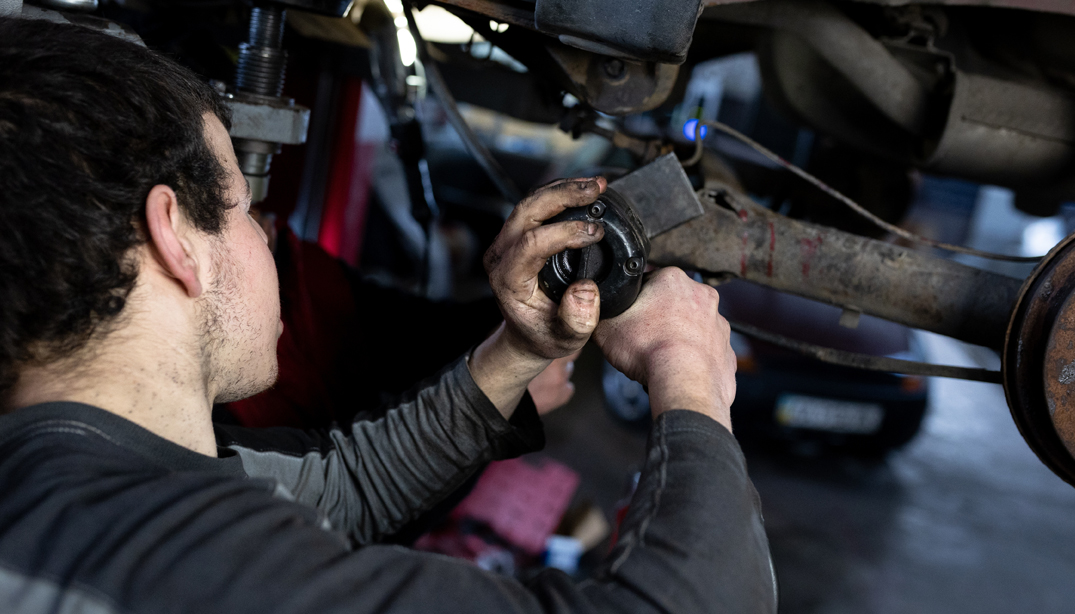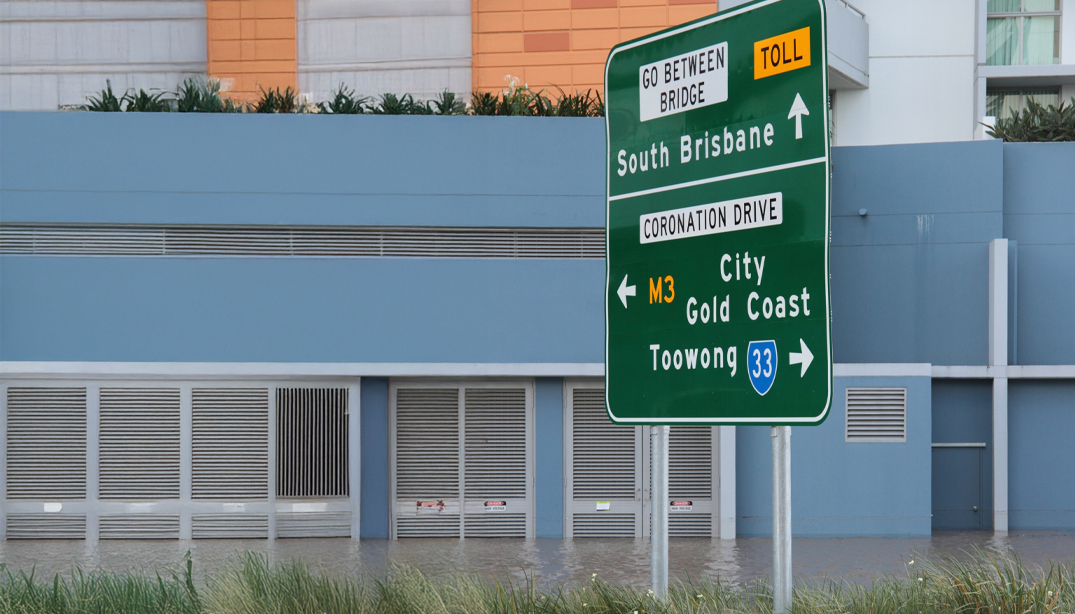There’s no doubt that over the last decade low interest rates and “cheap money” have helped keep inflation low and create many new market opportunities. But now rates and inflation are heading upwards and are likely to stay this way for some time. Businesses will need to adapt to meet these new conditions, which could, in turn, open up a new world of opportunities.
It is speculated that inflation may reach 7% by the end of 2022. The ripple effect of inflation is higher overhead costs including labour, fuel, transport and insurance. Within the motor repair industry, it is expected that repair inflation could be significantly higher than 7%.
Our current inflation cycle in the motor industry comes partly due to the “perfect storm” of influences in the global economy that have occurred in the past couple of years. It is important to understand what has already transpired in order to predict what will happen next
What are some of the key changes influencing this perfect storm?
Hardening financial markets:
During Covid many people and businesses were forced to make unprecedented decisions to financially survive the economic impacts of long term lockdowns and the economic downturn. This has led to a hardening financial market in which obtaining finance is now significantly more difficult.
Supply chains
Supply chains during Covid were heavily impacted with widespread industry shutdowns. Motor vehicle manufacturing dried up based on issues around parts supply. This crippled supply of new vehicles world-wide. The supply of used parts has been equally impacted.
As the pandemic receded through late 2021, global economic activity recovered and increasing demand put pressure on costs and prices in the market. This is continuing to impact prices of new and used vehicles, as well as the cost for repairs and service of vehicles.
War in Ukraine
The conflict in Ukraine has led to increased freight costs, port closures and further supply chain disruptions. This conflict is also heavily influencing the cost of fuel.
South Korea
Trucker strikes in South Korea in response to increased fuel costs has reduced port traffic volumes in this region and placing upward pressure on pricing.
What are some of the key impacts to businesses and consumers so far:
During Covid many businesses have been forced to downsize operations to survive extended shutdowns. Part of this process has included reducing the size of fleets of motor vehicles or personal vehicles rather than holding assets in uncertain times. As we now begin to recover from Covid many businesses and consumers are faced with many challenges. Business owners will need to reconsider the way they run their operations. Consumers will have no choice but to tighten their belts on personal expenditure. Some of these considerations include:
Finance - in a harder financial market obtaining finance is more difficult. This may impact how businesses replenish fleets, and the choices consumers make regarding the vehicles they drive.
Supply chain - if you are looking to purchase a new vehicle the lead times are currently quite long. Prices for new assets are higher. These changes are impacting brand loyalty as consumers and businesses are compelled to rethink their traditional biases towards brands and types of products they purchase.
Fuel costs - fuel is becoming increasingly expensive, and for some is at the tipping point that will change their behaviors for vehicle usage. For the first time we are seeing alternative fuel sources as a real option. This includes Electric and Hydrogen vehicles.
What about Insurance costs?
Insurers are not immune to inflationary pressures. At the moment, they’re facing a perfect storm of:
· managing unprecedented weather events
· increased repair costs due to supply chain issues
· the cost of new technologies increasing repair costs
· inflation in the market value of vehicles
· added human resource costs to deal with the above.
All of these factors will significantly impact insurance premiums into the immediate future.
Where to from here?
From the above factors one thing is clear. Owning a vehicle is significantly more expensive post Covid.
With the higher costs of parts, repairs, fuel and insurance many people will be compelled to rethink vehicle ownership of traditional petrol-based vehicles. This could be compounded if vehicle values dimmish more rapidly due to the development of new technologies and fuel sources.
People are beginning to investigate the viability of electric vehicles. However, many are still holding back because of lack of choice and charging infrastructure. Other barriers include the volatility in electricity prices and the fact that electric vehicle technologies are likely to develop quickly and could devalue the current generation of vehicles.
These factors all make owning a vehicle less economically attractive.
Is part of the solution we need to consider based around car sharing solutions that currently exist in the market? The idea of not owning a car and only renting or sharing when needed is a viable alternative form many people who live in densely populated parts of the country. It is less viable for people who do not have access to alternative means of transport.
Another alternative to removing the risk of ownership is vehicle subscription services. These services provide an inclusive package in which deals all the costs involved in owning a vehicle other than the cost of fuel.
Many subscription services offer both petrol and electric vehicle options. This gives consumers the freedom to choose their preferred fuel source without the volatility of committing financially to buying a vehicle. The potential with these services is to change as user needs change.
As the world changes around us, it’s good to see a range of vehicle usage options available. It will be interesting to see what direction consumers take, and what the future holds for the motor industry.
What do you think will happen?






